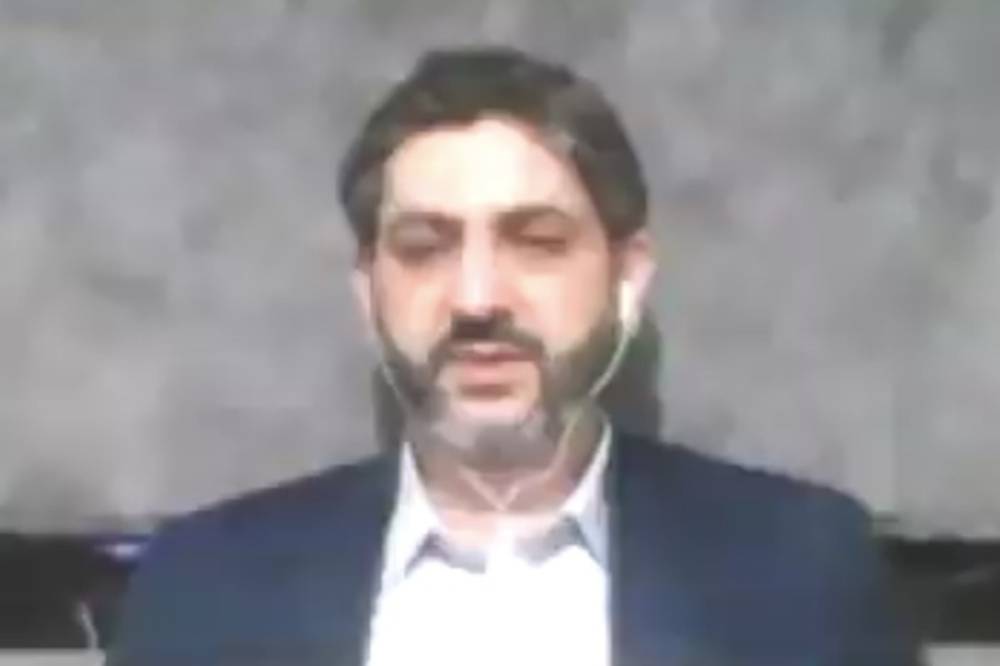Lebanese journalist injured in Israeli airstrike during live broadcast
The editor-in-chief of the Maraya International Network was speaking about the ongoing Israeli assault on Lebanon when the airstrike occurred.

SHAH ALAM - A Lebanese journalist was wounded during a live broadcast when an Israeli airstrike struck his home, intensifying the already volatile situation between Israel and Hezbollah.
Fadi Boudaya was injured during a live interview when an Israeli missile hit his residence.
Boudaya, who is the editor-in-chief of the Maraya International Network was speaking about the ongoing Israeli assault on Lebanon when the airstrike occurred.
The incident was captured on video, which quickly went viral on social media, showing Boudaya being thrown off-screen by the force of the blast.
However, he later informed on X (formerly known as Twitter) that he was doing fine.
"Thank you to everyone who called, texted, checked in and to everyone who felt any emotion. Thank God I am fine, thanks to God and His blessings upon us and we return to continue our media duty in support of the resistance.
"Thank you from the bottom of my heart," he said.
Israel and the Iran-backed Hezbollah have been locked in cross-border clashes since the Gaza war erupted in October, last year, marking the worst escalation in years.
Tensions have intensified in recent days following a sophisticated attack on Hezbollah members, in which their communication devices, including pagers and walkie-talkies were detonated in a targeted strike.
Hezbollah has accused Israel of orchestrating the attack, though Israel has neither confirmed nor denied involvement.
The airstrike that hit Boudaya's home was part of a larger military operation by the Israeli Defence Forces (IDF), which has been targeting Hezbollah strongholds across Lebanon.
Over 1,100 Hezbollah sites have been struck recently, according to Israeli military officials.
IDF Chief of Staff Lieutenant General Herzi Halevi described the offensive as a "proactive operation" aimed at dismantling Hezbollah’s military infrastructure that has been built over the last two decades.
"We are taking away the military infrastructure that Hezbollah built for 20 years. This is very significant," Halevi said in a statement he made on video from the IDF’s command centre.
As the conflict intensifies, the human toll has been devastating.
Lebanon’s Health Ministry has confirmed that at least 558 people have been killed, including 50 children, while over 1,650 others have been injured.
The strikes have reportedly targeted hospitals and ambulances, drawing condemnation from international observers and humanitarian organisations.
The situation has raised fears of an all-out war between Israel and Hezbollah, as both sides continued to exchange rocket fire.
Israeli Prime Minister Benjamin Netanyahu recently urged the people of Lebanon to evacuate their homes as Israel targets Hezbollah positions.
"Once the operation is finished, they can return to their homes," he said in a video message.
Boudaya's injury serves as a stark reminder of the dangers faced by journalists covering conflict zones.
Despite the personal risk, Boudaya’s resolve to return to his journalistic duties highlights the critical role of the media in documenting these unfolding events.











